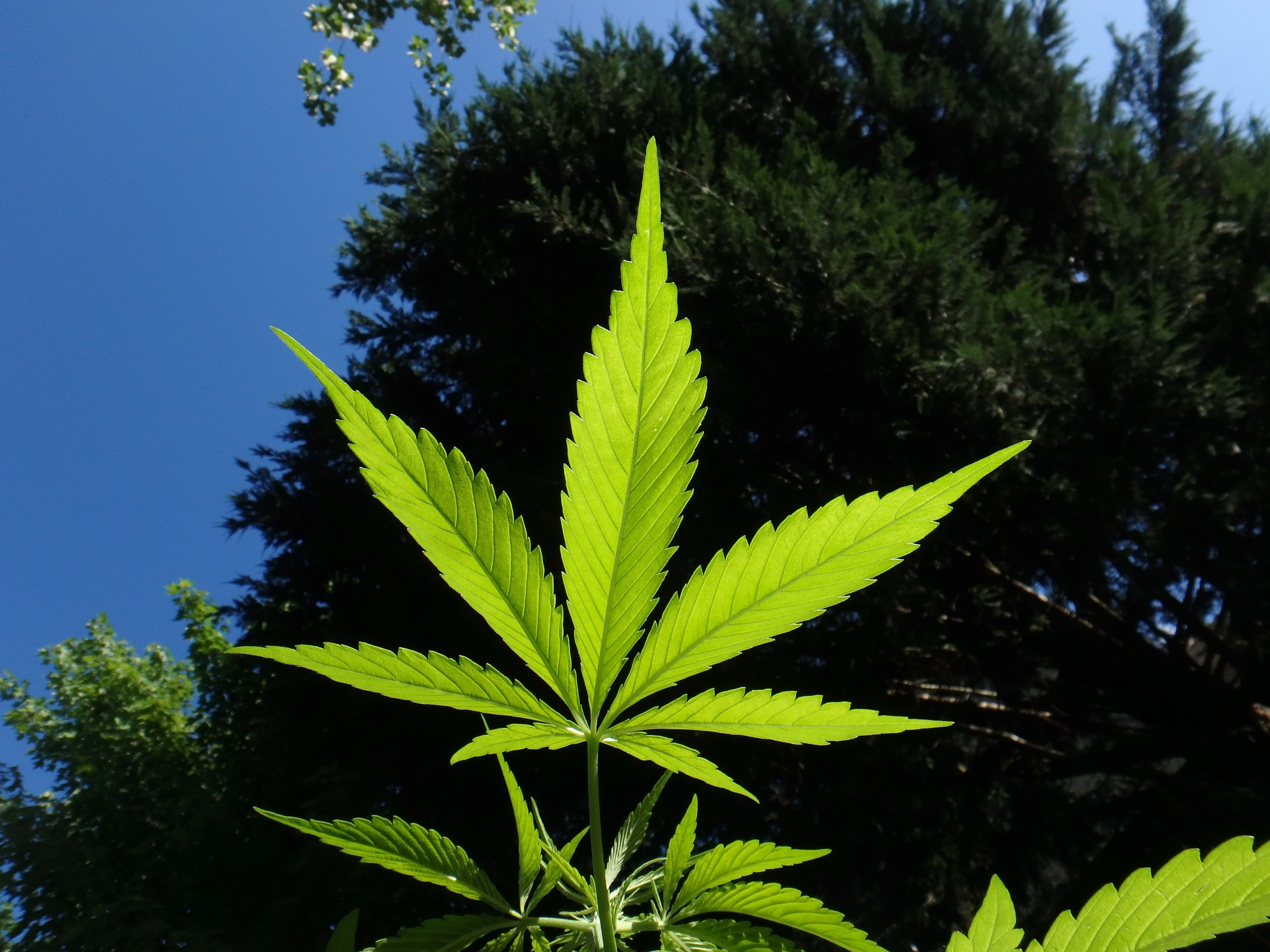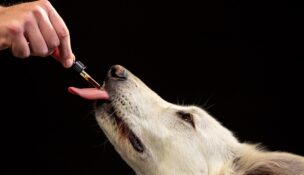Be Able to Answer Common CBD Questions
Megan Jander //April 15, 2020//
As the CEO of Santeer, I receive many questions from distributors, retailers and pet owners regarding the safety and effectiveness of CBD products. Retailers should be prepared to educate consumers about how and why these products can be of use and the differences in effectiveness and potential potency between them.
How CBD Works
The mechanics of the endocannabinoid system in pets and humans are similar. Long story short, CBD, and the other minor cannabinoids, work to block pain signals and reduce inflammation. Referencing the work done by Cornell University and Colorado State University, dogs can often find relief for pain and seizures with CBD products dosed properly for their size/weight. We also see that these products and CBD work by anecdotal feedback from vets and pet owners.
Differences Between Products
Tinctures and liquids are proving less effective in the world of CBD overall, due to low absorption rates. When it comes to pet consumption specifically, small, easy-to-eat pills or treats are the superior options, since they are easy to combine with your pet’s food. It’s important to consider that treats with CBD are not fully recognized by the FDA, and CBD is not currently an approved food additive, although some states allow CBD to be considered as a food additive.
Another key consideration is the bioavailability and absorption rate of these products. These terms, in effect, relate to how much of the listed amount of CBD in a product is actually able to be used by the animal upon consumption. Some products may list a high amount of CBD on the package, while the actual amount that is utilized within the body ends up being far less. For example, most companies sell CBD treats in a single dose amount for pets, which may be cost-effective for a small dog or cat, but too expensive for a large dog owner who would go through four to eight times the single-dose amount.
Don’t let marketing terms sway you. Terms like full spectrum, broad spectrum, THC-free and CBD isolate can be confusing, and there are not actual standards for what these are yet. You are better off with just reading the ingredients and identifying the superior product that way.
Addressing Safety, Dosing Concerns
Coming from a chemist’s viewpoint, CBD as a compound is safe. However, having the product’s Certificate of Analysis (COA) handy and making sure it matches the product label will help clarify concerns about specific products. The COA will show the company name, product name, ingredients and the volume of CBD within. Also check the THC levels within the product to ensure it doesn’t exceed the legal limit of 0.3 percent THC. THC can be toxic to dogs in large quantities. Even though it takes hundreds of milligrams per dose for THC to be dangerous for dogs, less is always better.
When it comes to getting a vet’s approval, there’s not a lot of informative guidance for vets from their respective boards or state/federal regulators. Some vets will approve and some will not. Santeer works with a number of vets to provide information, guidance and samples, but the final decision is of course left to the vet and the pet owner.
Based on the data from Cornell and Colorado State University, 2mg/kg of dog is a recommended dose. In pounds and milligrams of CBD, that would be 10-20mg of CBD for small dogs and cats, 20-60mg for medium dogs and 60mg or more for large dogs. Most companies sell a single dose/concentration/amount for pets. While there’s no worry that CBD could cause a “high,” it’s worth noting that too much CBD can cause lethargy or sleepiness. For our Santeer products with the solubility technology that we developed, these doses would be 2.5mg, 5mg and 10mg of CBD for small, medium and large dogs, respectively.
Being a dog owner myself, I developed Santeer’s products knowing that consumers will have questions like these. Our product is straightforward enough to allow consumers and customers to know exactly what they are buying when they see the packaging, which is something important to keep in mind when considering which products to carry.
BIO: Chris Denicola is the founder of Prism Science and Santeer CBD, and he has a lifelong passion for science and chemistry with a focus on innovation over invention based on product and customer needs. He is a proud pet owner and lover of the outdoors and has been involved in cannabis and hemp production development, quality control, manufacturing and innovation since 2014.



















